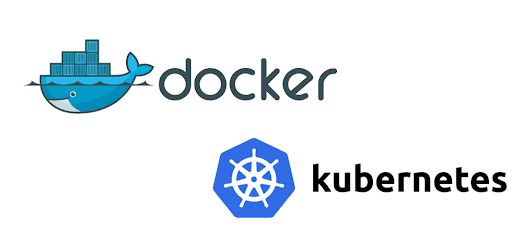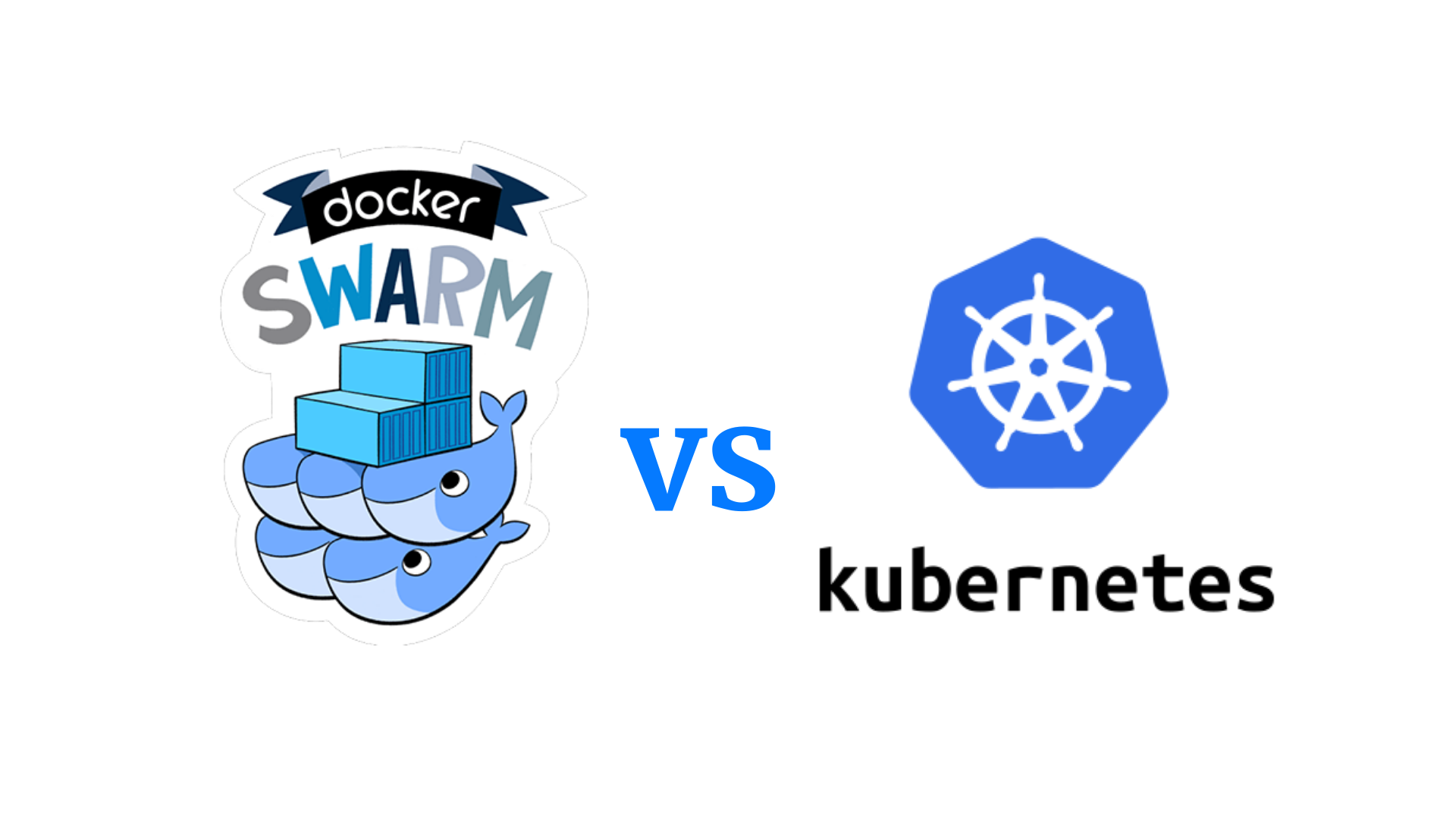

Tools, services, and software that run with Docker containers will also work well with Swarm.Smoothly integrates with Docker tools like Docker Compose and Docker CLI (uses the same command line interface (CLI) as Docker Engine).Built for use with the Docker Engine (Docker is a container platform used for building and deploying containerized applications).A Swarm cluster consists of Docker Engine deployed Swarm manager nodes (which orchestrate and manage the cluster) and worker nodes (which are directed to execute tasks by the manager nodes). Swarm -or more accurately, swarm mode - is Docker’s native support for orchestrating clusters of Docker engines. Often need additional tools (e.g., kubectl CLI), services, continuous integration/continuous deployment (CI/CD) workflows and other DevOps practices to fully manage access, identity, governance and securityĭocker Swarm is another open-source container orchestration platform that has been around for a while.Too heavyweight for individual developers to set up for simplistic apps and infrequent deployments.Updates from open source community are frequent and require careful patching in order to avoid disrupting workloads.Management of the Kubernetes master takes specialized knowledge.Unified set of APIs and strong guarantees about the cluster state.Key functionalities include service discovery, ingress and load balancing, self-healing, storage orchestration, horizontal scalability, automated rollouts and rollbacks, and batch execution.Broad Kubernetes support from an ecosystem of cloud tool vendors, such as Sysdig, LogDNA, and Portworx (among many others).Available on the public cloud or for on-premises - managed or non-managed offerings from all the big cloud providers (IBM Cloud, AWS, Microsoft Azure, Google Cloud Platform, etc.).Battle-tested by big players like Google and our own IBM workloads and runs on most operating systems.Fast-growing KubeCon conferences throughout the year that are more than doubling attendance numbers.

PRICING DOCKER AND KUBERNETES CODE
Open-source community that is very active in developing the code base.

A node can be a virtual machine or physical, bare metal machine. These worker nodes are managed by a Kubernetes master that controls and monitors all resources in the cluster.

A Kubernetes cluster is made up of compute hosts that are called worker nodes. With Kubernetes, developers and DevOps teams can schedule, deploy, manage, and discover highly available apps by using the flexibility of clusters. Kubernetes is an open source container-management tool for those important containers and their complex production workloads. IBM, as a founding member of CNCF, actively contributes to CNCF’s cloud-native projects, along with other companies like Google, Red Hat, Microsoft, and Amazon. With the advent of the Cloud Native Computing Foundation (CNCF) in partnership with the Linux Foundation, the community adopted Open Governance for Kubernetes. In the early days of Kubernetes, the community contributors leveraged their knowledge of creating and running internal tools, such as Borg and Omega. Kubernetes is developed by the community with the intent of addressing container scalability and management needs. Of course, to be able to use your containers most effectively, you'll need to orchestrate your containerized applications, which is where Kubernetes and Docker Swarm come in. By packaging an app’s code, dependencies, and configurations into one easy-to-use building block, containers let you take important steps toward shortening deployment time and improving application reliability. In a nutshell, containers are a standard way to package apps and all their dependencies so that you can seamlessly move the apps between runtime environments. Let’s take a moment, however, to explore the similarities and differences between Docker Swarm and Kubernetes - the two preeminent container orchestrators - and see how they fit into the cloud deployment and management world. When considering the debate of Docker Swarm vs. Kubernetes, it might seem like a foregone conclusion to many that Kubernetes is the right choice for workload orchestration. Kubernetes: Which of these container orchestration tools is right for you?


 0 kommentar(er)
0 kommentar(er)
